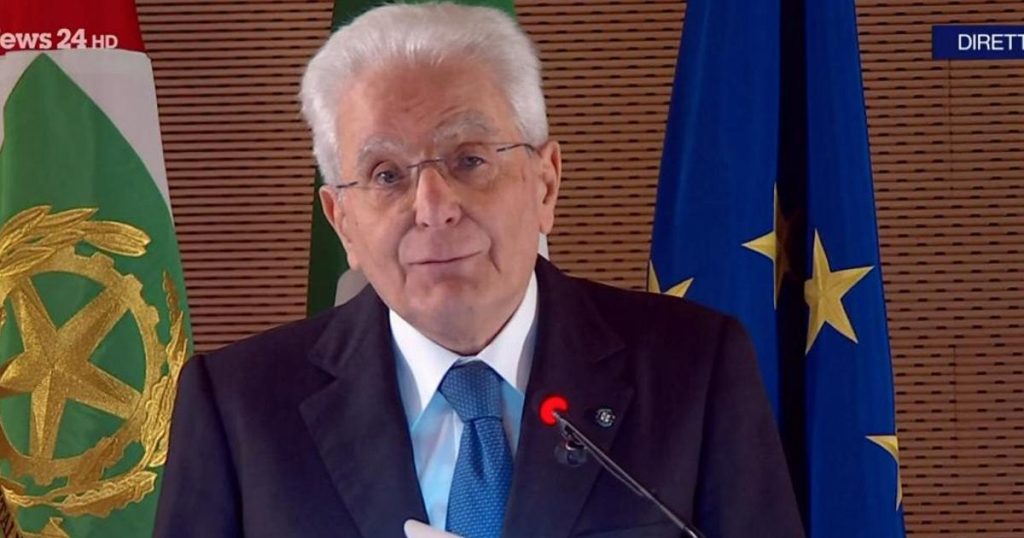Sergio Mattarella commemorates Vittorio Bachelet by emphasizing his commitment to dialogue throughout his political and social activities. Bachelet, starting as a student leader in 1946, always sought dialectical engagement with other university groups in the pursuit of rebuilding a democratic Italy. Mattarella notes that dialogue was a defining feature of Bachelet’s lifelong dedication to various public roles, including in Catholic organizations, teaching at university, serving on the Superior Council of the Judiciary, and other public activities. For Bachelet, dialogue was not just a method but the essence of democracy. Mattarella stresses the importance of Bachelet’s values, reminding the Superior Council of the Judiciary (Csm) of their duty to ensure maximum credibility in the judiciary by making decisions that uphold institutional principles and deliver transparent and efficient justice, as constitutionally mandated.
The President underlines the challenging nature of seeking dialogue during turbulent and conflict-ridden times in Italian history, characterized by heightened political tensions and armed violence. Bachelet firmly believed that strengthening democratic institutions required shared decisions based on the full and consistent implementation of constitutional principles, rather than confrontation. Prior to his tragic assassination, Bachelet had discussions with his friend Achille Ardigò about the terrorist threat and they agreed that fighting terrorism should not come at the expense of abandoning democratic legality or resorting to arbitrariness. Bachelet advocated for upholding constitutional rules even in the most critical moments, trusting in the Republic’s capacity to uphold its constitutional values. He also believed that consistency in actions was a powerful tool of communication, especially in times of confusion and crisis.
Mattarella highlights the importance of legal and ethical principles in safeguarding democracy and the role of the Csm in upholding judicial independence. The Constitution entrusts the Council with maintaining the balance of power between constitutional bodies, emphasizing the need for it to act as a guarantee of democratic values. Mattarella recalls Bachelet’s dedication to promoting dialogue and collaborative decision-making, even in the face of escalating violence and political extremism. Bachelet’s approach underscored the importance of adhering to constitutional norms and democratic principles, resisting the temptation to abandon legality in response to threats and crises. Mattarella praises Bachelet for his unwavering commitment to constitutionalism and his belief in the power of coherent and principled actions to navigate tumultuous times and communicate important values to society.
The President emphasizes the challenges faced by Bachelet in maintaining his commitment to dialogue and consensus-building during a period marked by ideological polarization and violent conflicts. Bachelet’s unwavering belief in the importance of upholding democratic legality and respectful engagement resonates in the current political context, where ensuring the integrity of institutions and adherence to constitutional principles remains crucial. Mattarella underscores the enduring relevance of Bachelet’s values and his dedication to dialogue as a fundamental aspect of democracy. In honoring Bachelet’s memory through the naming of the Csm building, Mattarella underscores the importance of the Council’s role in upholding democratic values and ensuring the independence and accountability of the judiciary. Bachelet’s legacy serves as a reminder of the enduring importance of dialogue, consensus-building, and principled action in the face of challenges to democracy and the rule of law.


